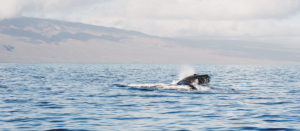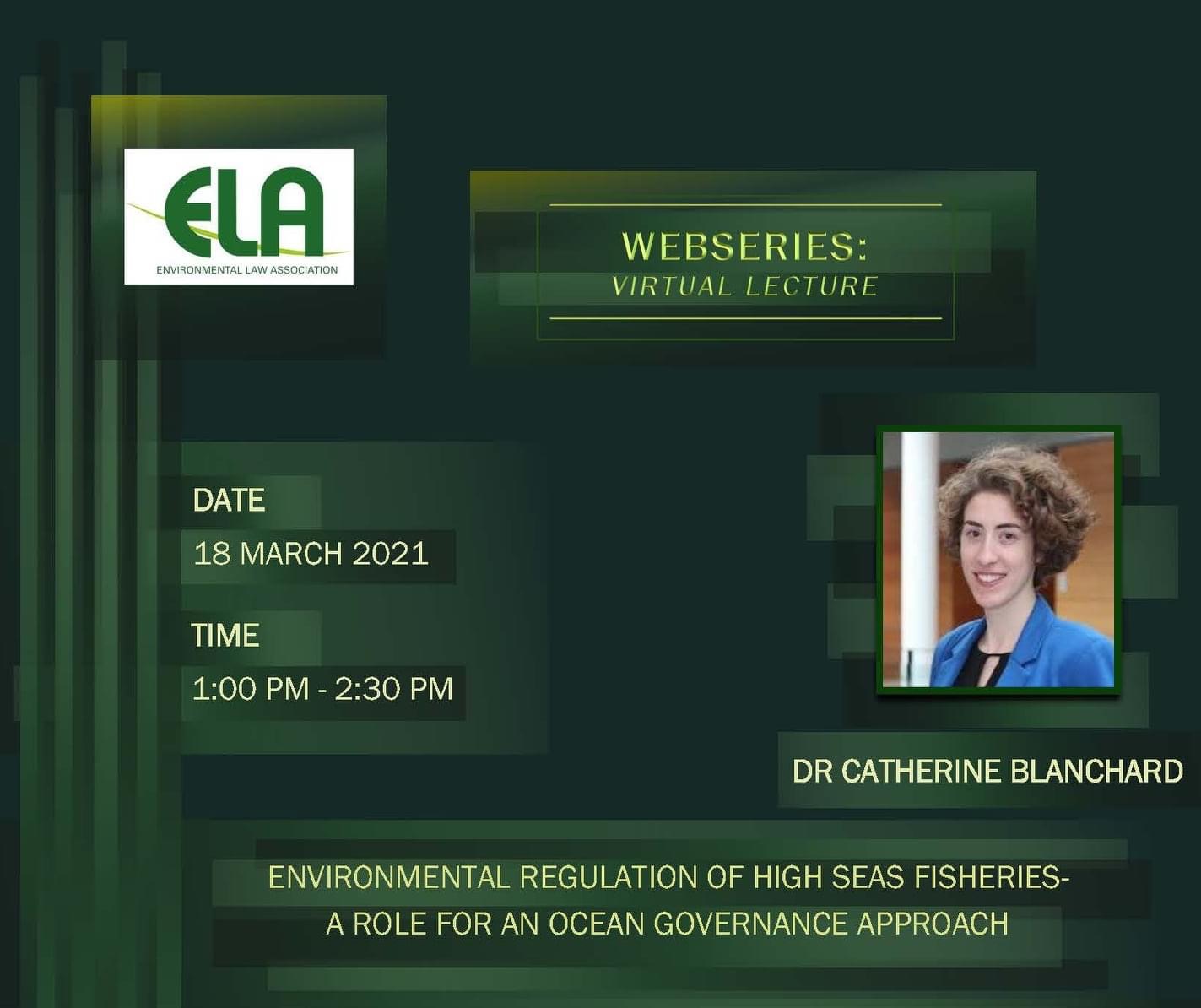
Dr Catherine Blanchard is a Lecturer in Public International Law at Utrecht University
Catherine obtained her doctoral degree in Public International Law from Utrecht University (PhD, 2020), and her research, building on multidisciplinary insights, explored the possible impact of an integrated oceans governance approach on the fragmented regime of international fisheries, focusing on areas beyond national jurisdiction. During her time as PhD Fellow, Catherine carried out part of her research as a guest researcher at the Institute for Advanced Sustainability Studies (IASS) in Potsdam, Germany. She also joined the Dutch delegation to the Preparatory Committee and Intergovernmental Conference for the development of an internationally legally binding instrument on the conservation and sustainable use of marine biodiversity beyond national jurisdiction (BBNJ process). Catherine is also manager of the Task Force on Earth System Law of the Earth System Governance Project, the largest social science research network in the area of governance and global environmental change. In January 2021, Catherine joined the International and European law Department of the School of Law at Utrecht University as Lecturer in Public International Law.
On 18 March 2021 at 1pm (SA time) Catherine spoke about the legal regime for the management of high seas fisheries, which has evolved extensively in past decades, through the development of several instruments of different legal nature and in different fields of international law, the work of regional fisheries management organizations, and the growing involvement of non-state actors. Catherine explained how such developments have led to the inclusion of sustainability objectives in the management of fisheries, and to a more holistic understanding of the interconnectedness between fisheries and the broader marine environment. Yet, despite such developments, overexploitation continues to plague marine living resources, and fishing activities remain the main threat to marine biodiversity in areas beyond national jurisdiction (ABNJ). In order to grasp the reasons behind the failure of the regime to deliver, Catherine shed light on whether the current framework is sufficiently stable and/or effective to achieve more sustainability for the socio-ecological system that high seas fisheries represent. A recording of the event is available here.



